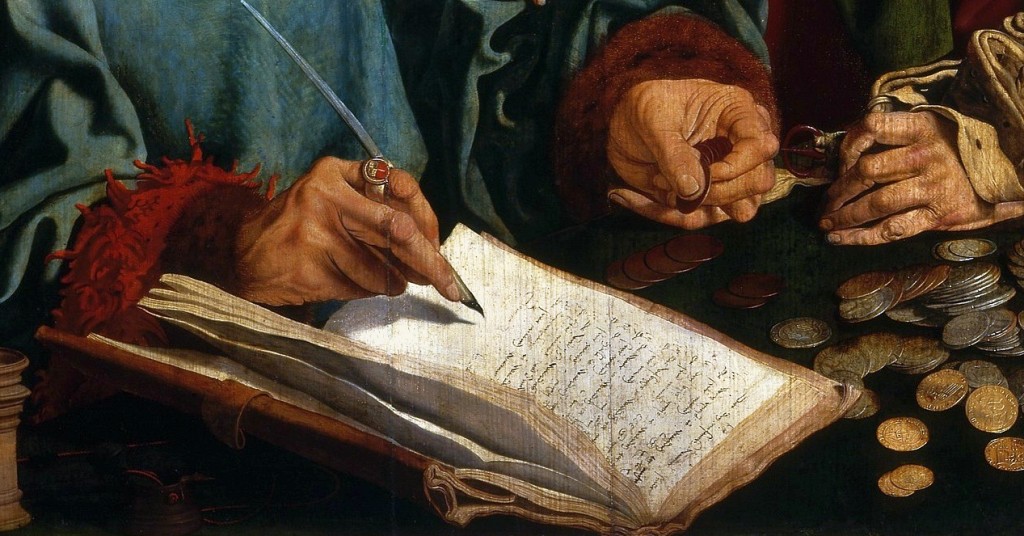
“The Election Book. Mandate for Leadership” – Compass in Sea of Election Promises
BY
LFMI / July 8, 2024
Lithuanian Free Market Institute (LFMI) presented \"The Election Book. Mandate for Leadership\". The publication discusses the problems of state governance and the economy and provides recommendations for a breakthrough. As the patron of the event, Viktorija Čmilytė-Nielsen, Speaker of the Parliament of the Republic of Lithuania, underscored the unique value of the \"The Election Book. Mandate for Leadership\" for political parties.






![Future of Democracy: Strengthening Liberal Values, Institutions, Procedures at Global, European, Regional, National Levels [PUBLICATION] Future of Democracy: Strengthening Liberal Values, Institutions, Procedures at Global, European, Regional, National Levels [PUBLICATION]](http://4liberty.eu/phidroav/2022/06/future-of-democracy1.jpeg)



![[PUBLICATION] Teachers’ Pay with Sober Head [PUBLICATION] Teachers’ Pay with Sober Head](http://4liberty.eu/phidroav/2021/02/800px-Winslow_Homer_-_The_Country_School.jpg)
![Gold-Plating: How to Identify and Avoid It [PUBLICATION] Gold-Plating: How to Identify and Avoid It [PUBLICATION]](http://4liberty.eu/phidroav/2022/02/gold-plating-klimt.jpg)